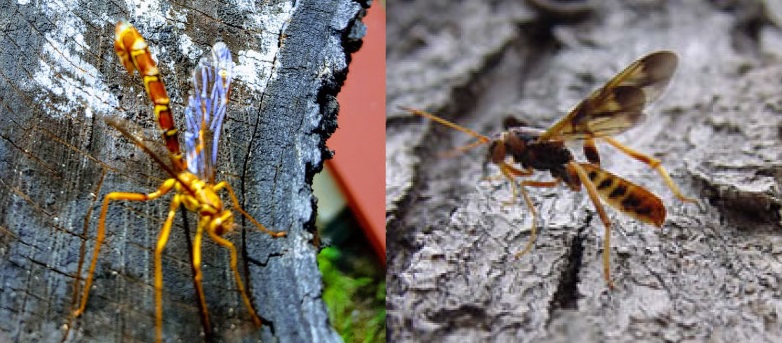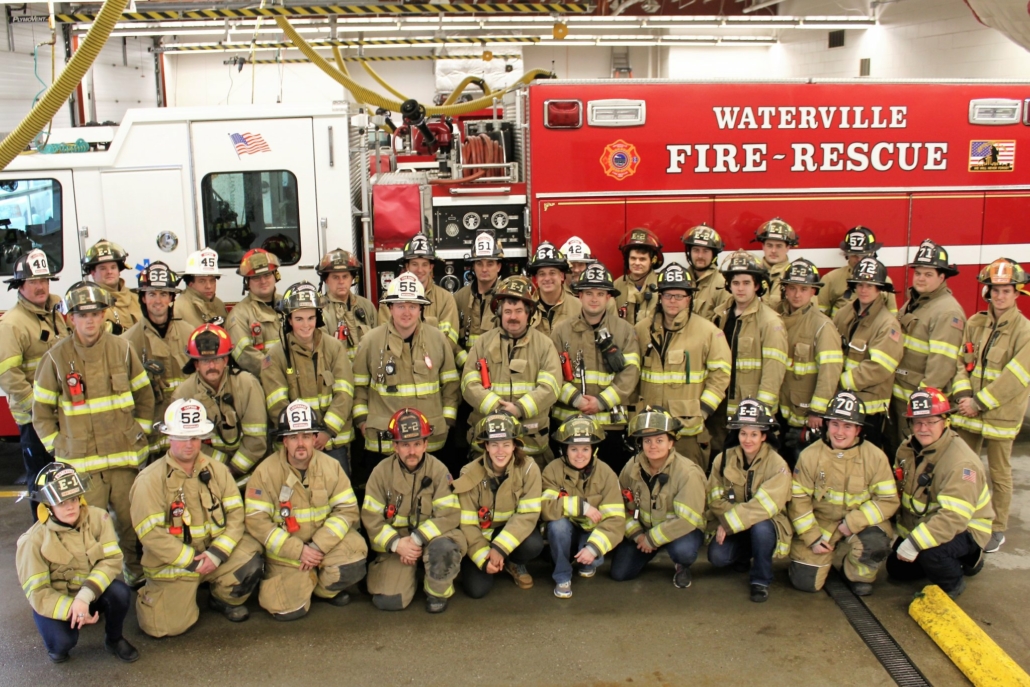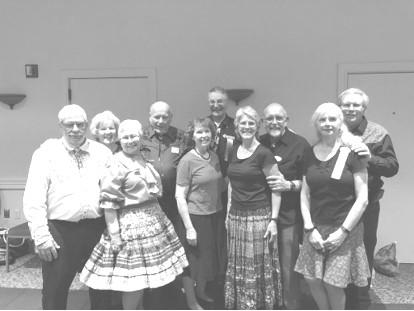OPINIONS – Understanding the Johnson Amendment: A tax law that prevents nonprofits becoming PACs
 by Tom Waddell
by Tom Waddell
There is a growing but minority movement within the religious community to repeal the Johnson Amendment. If the amendment is repealed, our churches would no longer be houses of worship; instead they would become Political Action Committees (PACs). It is for these reasons repealing the amendment is widely opposed by both religious and non-religious groups.
The purpose of the Johnson Amendment, a 1954 law that modifies the IRS tax code for all 501 (c) (3) tax-exempt corporations, is to prevent these corporations from becoming Political Action Committees. It does this by prohibiting all 501 (c) (3) tax-exempt corporations, including churches, from campaigning for or against political candidates.
The current administration in Washington and a small minority of evangelical Protestant churches want to repeal the amendment because they believe it limits their religious freedom. Their goal is to allow all churches to support political candidates while maintaining their tax-free status. That would make political contributions to 501 (c) (3) charitable organizations tax deductible.
The Johnson Amendment preserves a charitable organization’s right to support, or oppose, any government policy, law, bill, statute or social issue that they believe is not in their or the community’s best interest. The amendment also protects charitable organizations, including churches, from pressure by political candidates to endorse them in an ever-increasing divisive and partisan political atmosphere.
Repealing the Johnson Amendment and allowing 501 (c) (3) tax-deductible corporations to maintain their tax-free status would result in donors making political contributions to candidates primarily through their local church. Unlike Political Action Committees, which churches would fast become, churches don’t have to deduct operating costs from those donations. In addition, the donor would be able to deduct political contributions, something not allowed now, when they make political contributions through a charitable organization. It is a win/win situation for the donor class, but a lose/lose situation for churches, state and federal governments.
Churches will lose because repealing the amendment would bring political divisiveness into the church. Clergy and parishioners want their churches to remain a place of worship where members sit in the sanctuary or gather at coffee hour in groups of friends and neighbors. They want their church to be a place where parishioners gather as a united community in worship, not divided by political ideology. Local, state, and federal governments would lose, too. According to the Joint Committee on Taxation, repealing the amendment would cost America $7.7 billion over ten years through lost tax revenue.
An overwhelming majority of charitable organizations and churches support the Johnson Amendment. Lifeway Research, an evangelical Christian polling group that regards the Johnson Amendment as policing sermons, reported in their 2016 survey that nearly 80 percent of Americans oppose repealing the amendment. It is no surprise then that more than 8,500 faith and secular leaders signed a document asking Congress to preserve the amendment. Americans do not want charitable organizations and churches to be divided by partisan politics.
Some of the well-known churches and charitable organizations that support keeping the Johnson Amendment are: American Baptists, American Jewish Committee, the Anti-Defamation League, Catholics for Choice, Evangelical Lutheran Church, Goodwill Industries, Habitat for Humanity, League of Women Voters, Meals on Wheels, National Council of Churches, National Council of Nonprofits, Episcopal Church, United Methodist Church, Unitarian Universalist Association, United Church of Christ, Volunteers of America, and the YWCA.
If the Johnson Amendment is repealed, churches will, in effect, become political action committees, not houses of worship. They will also experience the same division and lack of trust within the congregation that is so common in today’s volatile political atmosphere.
Whether churches become money-laundering establishments for politicians is up to you. If you are part of the 80 percent of Americans who want to preserve the sanctity of your local church, I urge you to vote for candidates who support the Johnson Amendment in the 2020 elections. Doing so will determine the future of your place of worship, your community and your country.
Tom Waddell is a resident of Litchfield and is the president of the Maine chapter of the Freedom from Religion Foundation. He can be reached at president@ffrfmaine.org.




 For how many teams did NFL quarterback Joe Montana play?
For how many teams did NFL quarterback Joe Montana play? A record number of graduate and undergraduate students at Lasell College, in Newton, Massachusetts, were awarded degrees on May 11, 2019, in a ceremony featuring remarks from Massachusetts Congressman Joseph Kennedy III.
A record number of graduate and undergraduate students at Lasell College, in Newton, Massachusetts, were awarded degrees on May 11, 2019, in a ceremony featuring remarks from Massachusetts Congressman Joseph Kennedy III. The following local residents were recently initiated into The Honor Society of Phi Kappa Phi, in Baton Rouge, Louisiana, the nation’s oldest and most selective all-discipline collegiate honor society.
The following local residents were recently initiated into The Honor Society of Phi Kappa Phi, in Baton Rouge, Louisiana, the nation’s oldest and most selective all-discipline collegiate honor society.



